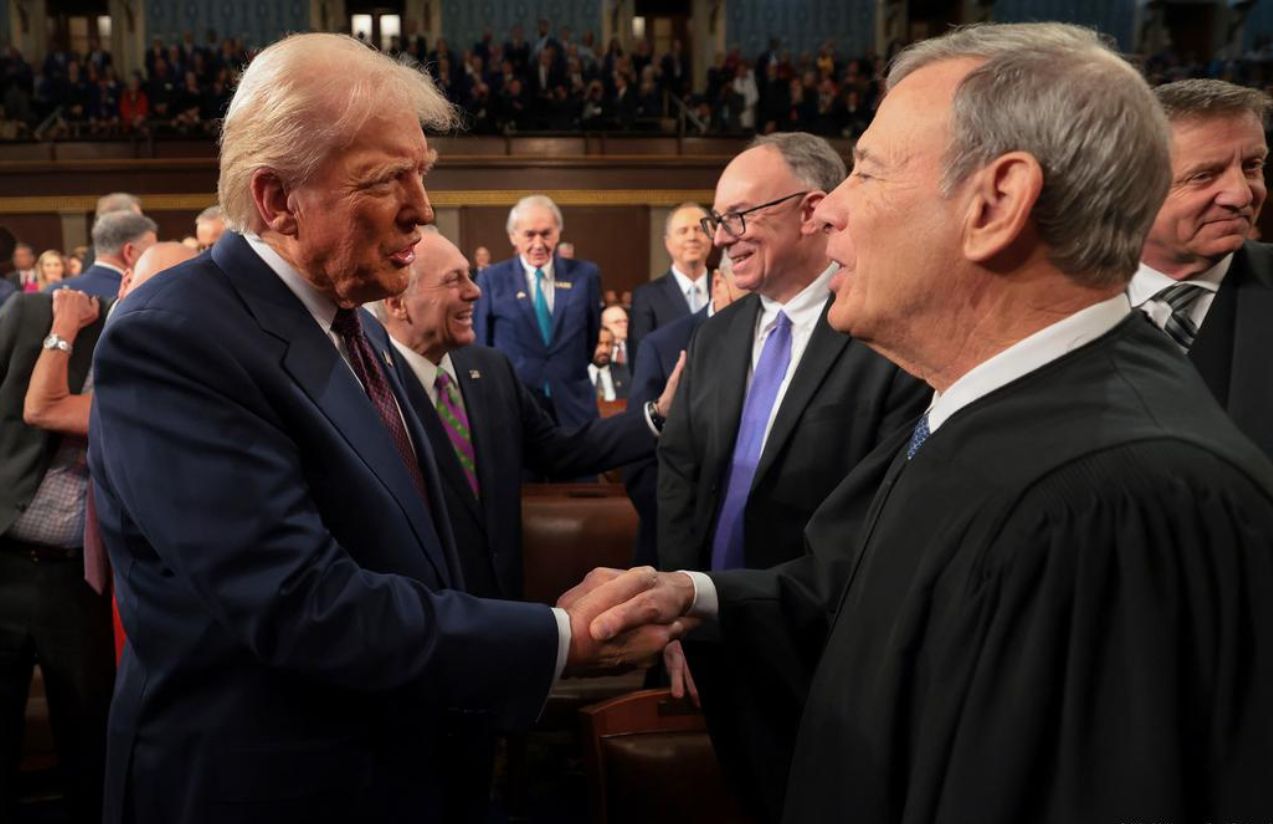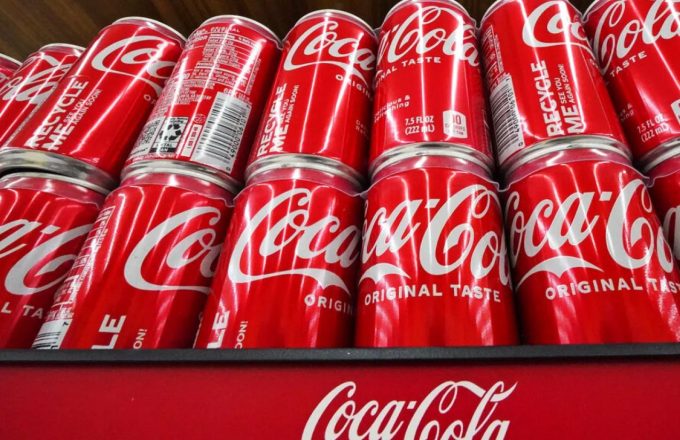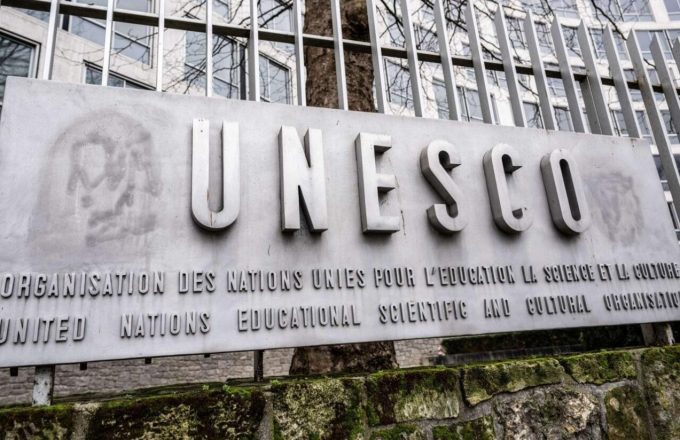The U.S. Supreme Court on Friday gave the green light to former President Donald Trump’s administration to suspend a humanitarian parole program launched under President Joe Biden, which allowed roughly 500,000 migrants from Cuba, Haiti, Nicaragua, and Venezuela to temporarily live and work in the United States.
It marks the second legal victory this month for Trump’s administration in its efforts to roll back immigration protections enacted under Biden. Earlier in May, the Court had already paved the way for revoking another program that granted work permits to hundreds of thousands of Venezuelans.
Friday’s ruling came in the form of a brief, unsigned order, with liberal Justices Sonia Sotomayor and Ketanji Brown Jackson dissenting. While the decision is not final — the underlying legal case remains ongoing in lower courts — it allows the administration to begin deporting beneficiaries of the program more quickly.
Since the 1950s, federal immigration law has allowed the U.S. government to grant temporary entry permits for humanitarian and other urgent reasons. A historical example includes the Eisenhower-era parole program that welcomed tens of thousands of Hungarians fleeing Soviet repression after World War II. Generally, parole recipients are allowed to reside and work legally in the U.S. for up to two years, though the status remains temporary.
In 2023, the Biden administration unveiled a plan to offer parole to qualified migrants from the four named countries — provided they underwent prior screening, had a U.S.-based sponsor, and passed security checks. In stark contrast, Trump signed an executive order on his first day in office aiming to unilaterally terminate the program.
The legal dispute hinges not on whether Secretary of Homeland Security Kristi Noem has the authority to grant or revoke parole — both sides agree she does — but rather on how that authority must be exercised: whether the administration can cancel the program outright or must proceed on a case-by-case basis. Biden officials argue that individual reviews were indeed conducted before permits were granted.
In filings to the Supreme Court, Trump’s legal team described the move to rescind the parole program as one of the administration’s most significant immigration decisions. Lower court rulings that temporarily blocked the policy, they argued, disrupted key strategies aimed at discouraging unlawful entry and undermined democratically enacted immigration priorities that played a critical role in the last election.
After a group of affected migrants filed a lawsuit, U.S. District Judge Indira Talwani — nominated by President Barack Obama in 2013 — issued an injunction temporarily halting the government’s attempt to fully dismantle the program. However, she allowed for the possibility of revoking individual permits after specific case reviews.
On May 5, a federal appeals court in Boston upheld Talwani’s order. The three-judge panel — two appointed by Biden and one by Obama — expressed skepticism that Secretary Noem had the legal authority to categorically eliminate the parole program.
The case is one of more than a dozen emergency appeals that have reached the Supreme Court since Trump took office, many of them concerning immigration policies. On May 15, the Court also heard arguments in another contentious case: Trump’s attempt to end birthright citizenship and restrict lower courts’ power to block such efforts.
In related rulings, the justices have recently ordered the government to assist in repatriating a Salvadoran citizen mistakenly deported earlier this year, and have repeatedly barred the fast-track deportation of a group of Venezuelans in northern Texas, citing a broad wartime authority dating back to the 18th century.




















